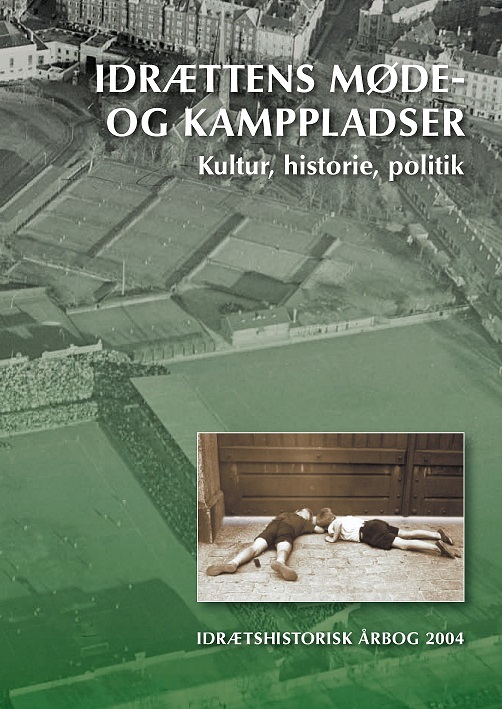Samfundet som teater - Fra Caesar til Silvio
DOI:
https://doi.org/10.7146/ffi.v20i1.31710Resumé
Med eksempler fra bl.a. det antikke Rom, det gamle Grækenland og nutidens valg af populistiske stjerner til politiske poster behandler artiklen tendensen til teatralisering af politikken.
Society as theatre from Caesar to Silvio
During the present period we are witnesses to yet another chapter in the tendency towards the theatricalisation of politics. People wish to be represented not by a stick-in-the-mud with political acumen and devoid of charisma but by actors. Where the USA has its actors and sports personalities entering politics, Italy has the opposite – politicians who provide the populace with theatre instead of an exchange of political opinions. If we cannot simply regard the development in Italy as a harmless special case, it is because the country, and not least Rome itself, has throughout its history provided a norm and a form for the association between aesthetics and politics. This article traces the Italian tendency towards the marriage of aesthetics and politics from ancient Rome, to Catholicism, to fascism and on to the modern Berlusconi regime.
Downloads
Publiceret
Citation/Eksport
Nummer
Sektion
Licens
Forfattere, der publicerer deres værker via dette tidsskrift, accepterer følgende vilkår:
- Forfattere bevarer deres ophavsret og giver tidsskriftet ret til første publicering, samtidigt med at værket er omfattet af en Creative Commons Attribution-licens, der giver andre ret til at dele værket med en anerkendelse af værkets forfatter og første publicering i nærværende tidsskrift.
- Forfattere kan indgå flere separate kontraktlige aftaler om ikke-eksklusiv distribution af tidsskriftets publicerede version af værket (f.eks. sende det til et institutionslager eller udgive det i en bog), med en anerkendelse af værkets første publicering i nærværende tidsskrift.
- Forfattere har ret til og opfordres til at publicere deres værker online (f.eks. i institutionslagre eller på deres websted) forud for og under manuskriptprocessen, da dette kan føre til produktive udvekslinger, samt tidligere og større citater fra publicerede værker (se The Effect of Open Access).





